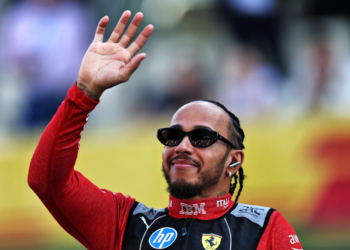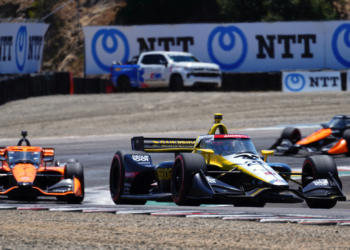Renault Managing Director Cyril Abiteboul has stressed that the manufacturer’s off-season focus on reliability will ultimately boost performance, as it bids to get on par with Mercedes and Ferrari.
Renault has lagged behind the pacesetters in Formula 1 during the current V6 power unit era, and struggled for reliability across the final few races of 2017, suffering multiple retirements and incurring regular grid penalties.
Renault’s engine department, which will supply the factory team and customers Red Bull and McLaren, has prioritised reliability during the winter months, but Abiteboul insists it will not come at the expense of out-and-out performance moving forward.
“You know the problem is that [being] an engine supplier is the worst job in the world, because when you're not reliable, you're not reliable, and when you are reliable, you're not competitive enough,” said Abiteboul.
“So let's see. I accept the fact that the emphasis has been put on reliability for the obvious reason, but one thing we tend to forget is that reliability and competitiveness and performance go hand-in-hand.
“In particular last year we had to downgrade massively the power potential, the performance potential of the engine because of the reliability situation.
“So the target this year is indeed to start the season first reliably, which will allow us to make full use of the potential of the engine, something we were not capable of doing last year.
“It means that from a competitiveness perspective, from a performance perspective, the engine should be performing better already.”
Abiteboul added that taking such a stance after its late 2017 setbacks was a “no-brainer”, as it attempts to ensure it has a reliable platform this season.
“If you look at where we were last year in terms of the reliability situation, if you look at the evolution and trend in terms of the regulations, it's a no-brainer that this is what you have to put as a priority,” he said.
“But again, the key message is that the fact that reliable components open up more options in terms of performance.
“So you cannot [separate] performance and reliability. The two go together, and when you work on reliability, you work on performance also.”







Discussion about this post